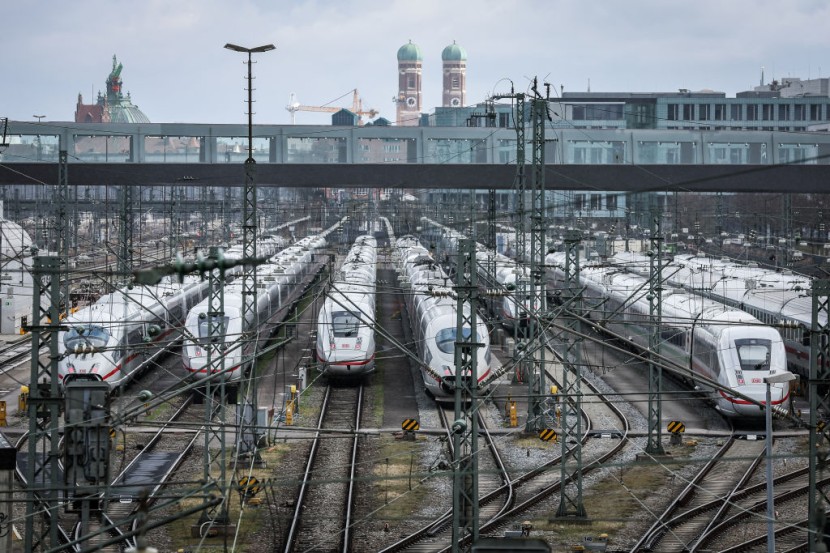
- A German transport strike has disrupted millions of lives, causing airports and bus and train stations to be at a standstill
- Unions and workers joined the strike demanding higher salaries and other benefits
- The incident was a result of rising inflation woes that have caused people in the region to suffer
The largest transport strike in Germany has disrupted millions of lives amid rising inflation woes as unions and workers demand higher salaries and other benefits.
On Monday, the strike caused airports and bus and train stations across the country to be at a standstill. The situation results from one of the largest walkouts in the last few decades in the history of Europe.
Germany's Largest Transport Strike
The strike lasted for 24 hours and was called by the Verdi trade union and railway and transport union EVG. The two are the latest unions in several months of industrial action that has plagued major European economies, causing higher food and energy prices that have caused suffering to the people, as per CNBC.
The strike left many terminals deserted as airports, including two of the largest in the country in Munich and Frankfurt, suspended flights. Furthermore, railway operator Deutsche Bahn (DBN.UL) canceled rail services in response to the strike.
On the other hand, striking workers who wore yellow or red high-visibility jackets gathered in the streets and blew horns, sirens, and whistles, held up banners and waved flags during their demonstrations.
An estimated 380,000 air passengers were affected by the strike, a number released by the Airports Association ADV. In Frankfurt, nearly 1,200 flights scheduled to carry roughly 160,000 passengers were canceled and left stranded as travelers were forced to sleep on benches at airports.
Employers have already offered a 5% increase in wage over 27 months alongside a one-time payment of $2,700. This was a proposal that unions, which are demanding a double-digit salary increase, have called unacceptable amid rising inflation which was recorded at 9.3% in February, according to Reuters.
Demand for Higher Wages
Verdi calls for a 10.5% wage increase, raising salaries by roughly $540 monthly. On the other hand, EVG is demanding a 12% salary raise of roughly $700 per month.
In a statement, the chief of Verdi, Frank Werneke, said that employees are already fed up with being taken advantage of while working with conditions that worsen. The strike comes as Germany, which previously was heavily reliant on Russia for gas supply, has been particularly affected by rising prices.
In a statement, Deutsche Bahn spokesman Achim Strauss said that the strike was particularly "paralyzing" and caused suffering to millions of passengers dependent on buses and trains to travel around.
Several other German employers have also condemned the strike, with a spokesperson for the VKA, Karin Welge, saying it was an "unprovoked escalation" of the situation. But in a broader spectrum, Germans generally support the walkouts, with roughly 55% of respondents from a YouGov poll saying the strikes were "rather" or "fully" justified, said CNN.
Related Article: Zelensky Accuses Putin of Conducting 'Radiation Blackmail'








